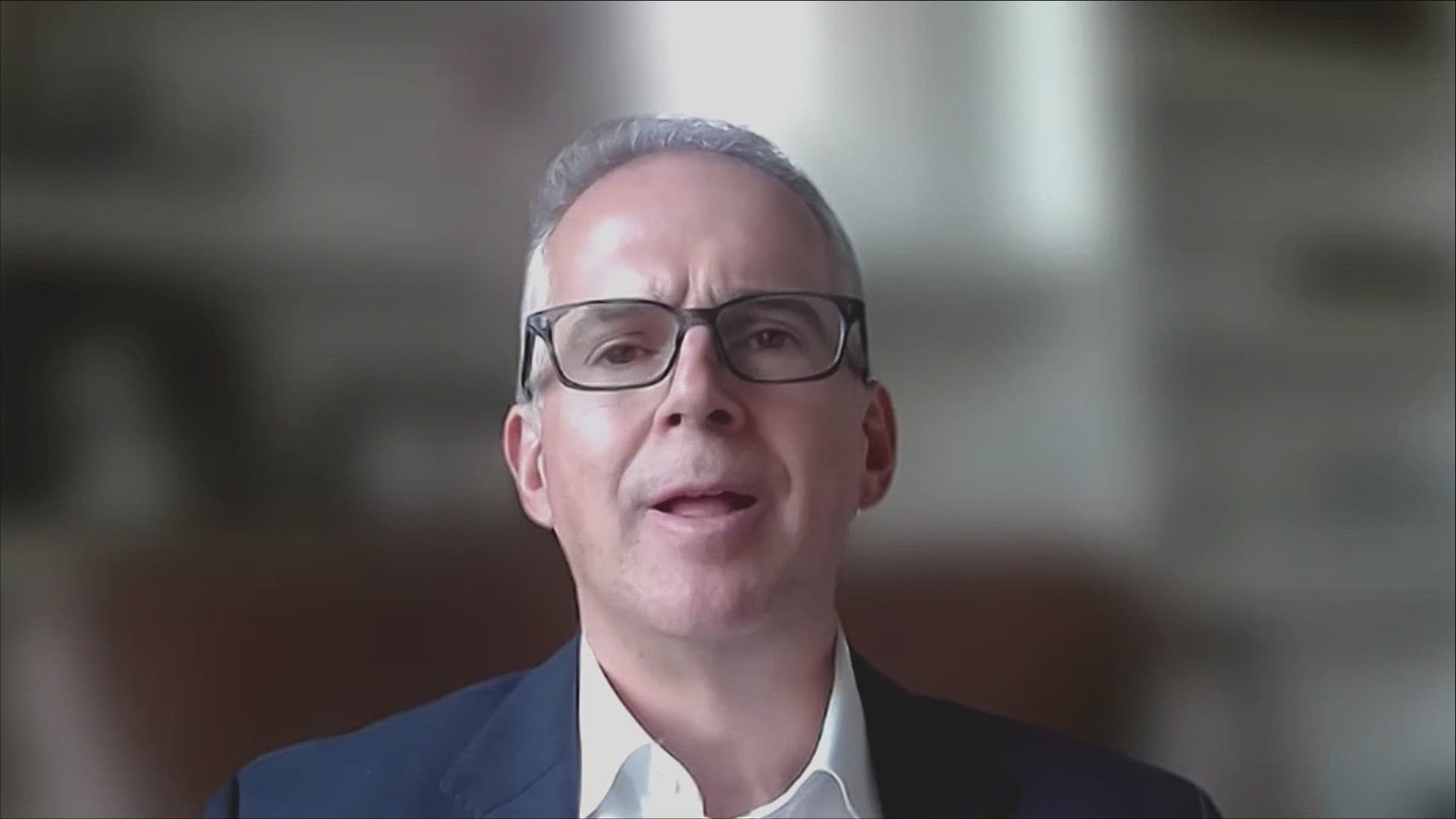AUSTIN, Texas — Researchers, environmental groups, electricity-related businesses and technology companies have filed a request to join the Texas Advanced Nuclear Reactor Working Group.
The Public Utility Commission of Texas (PUC) requested that anyone interested in participating fill out a questionnaire listing availability to meet, technological capabilities, current industry role, any partnerships which would benefit from Advanced Nuclear and any history of other state/federal working groups.
As of Thursday, PUC filings include responses from University of Texas at Austin’s Cockrell School of Engineering associate professor Derek Haas, PhD, chemical company Celanese, the Lower Colorado River Authority and Samsung Austin Semiconductor.
Power industry companies also expressed interest including, South Texas Electric Cooperative, Inc., Entergy Texas, Vistra Corp., CPS Energy, Last Energy, Xcel Energy, Constellation Energy Generation, X-energy, El Paso Electric and American Electric Power.
Oil and gas companies with filings include Dow, Enchanted Rock and Marathon Petroleum Company.
“It is of utmost importance that everyone understands that there are two overarching goals for this working group and its members, when selected. The final report and recommendations to the Governor are for the good of the State, not any individual participant. Secondly, that all recommendations look through the lens of protecting Texas citizens and ensuring their safety,” PUC Commissioner Jimmy Glotfelty wrote in a memo.
The Electric Reliability Council of Texas (ERCOT) manages the power grid covering the majority of the state.
In addition to ERCOT CEO Pablo Vegas participating, the power grid manager’s filing shows the Director of Weatherization and Inspection, David Kezell, and Director of Grid Coordination, Bill Blevins, would be available as subject matter experts.
This group stemmed from a letter Gov. Greg Abbott sent to the PUC, instructing them to study and plan for using advanced nuclear reactors in Texas.
“This working group should focus on understanding the state's role in deploying and using advanced nuclear reactors; consider all potential financial incentives available; determine nuclear-specific changes needed in the Electric Reliability Council of Texas (ERCOT) market; identify any federal or state regulatory impediments to development; and identify how the state can streamline and accelerate permitting for the building of advanced nuclear reactors in Texas,” wrote Abbott.
The State currently has two operating nuclear power reactors. The term “advanced nuclear reactor” stems from updates made in 2020 to the Energy Policy Act. It is defined as:
"A nuclear fission reactor, including a prototype plant (as defined in sections 50.2 and 52.1 of title 10, Code of Federal Regulations (or successor regulations), with significant improvements compared to reactors operating on the date of enactment of the Energy Act of 2020, including improvements such as:
- additional inherent safety features
- lower waste yields
- improved fuel and material performance
- increased tolerance to loss of fuel cooling
- enhanced reliability or improved resilience
- increased proliferation resistance
- increased thermal efficiency
- reduced consumption of cooling water and other environmental impacts
- the ability to integrate into electric applications and nonelectric applications
- modular sizes to allow for deployment that corresponds with the demand for electricity or process heat
- operational flexibility to respond to changes in demand for electricity or process heat and to complement integration with intermittent renewable energy or energy storage; or a fusion reactor
“Such reactors include LWR [light water reactors] designs that are far smaller than existing reactors, as well as concepts that would use different moderators, coolants, and types of fuel,” a Feb. 17, 2023 Congressional Research Service report shows.
Glotfelty held the first meeting today to set expectations of the future working group.
"We are much better collectively as a group than we are of one. So we all need to bring our tools and our expertise and our experiences to bear in this," Glotfelty said in the meeting.
The group must submit a report to Gov. Abbott by Dec. 1, 2024.

